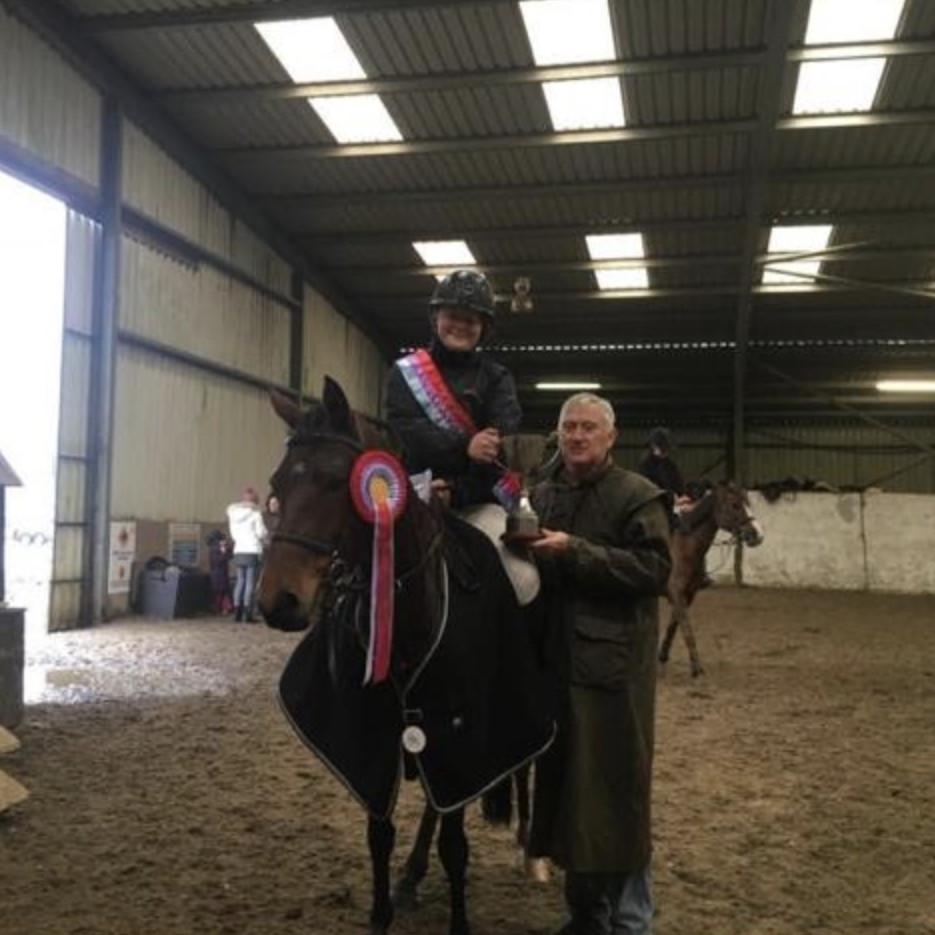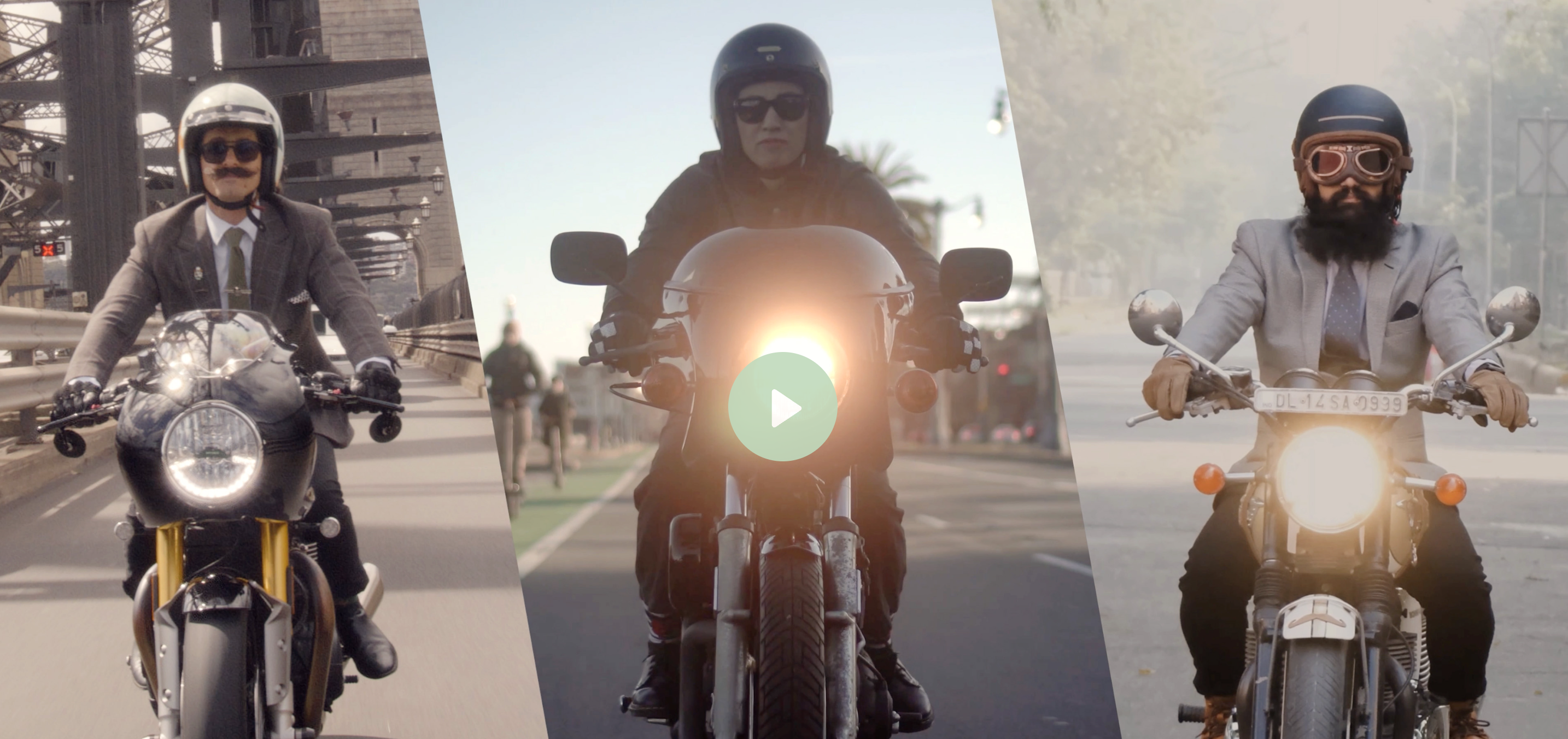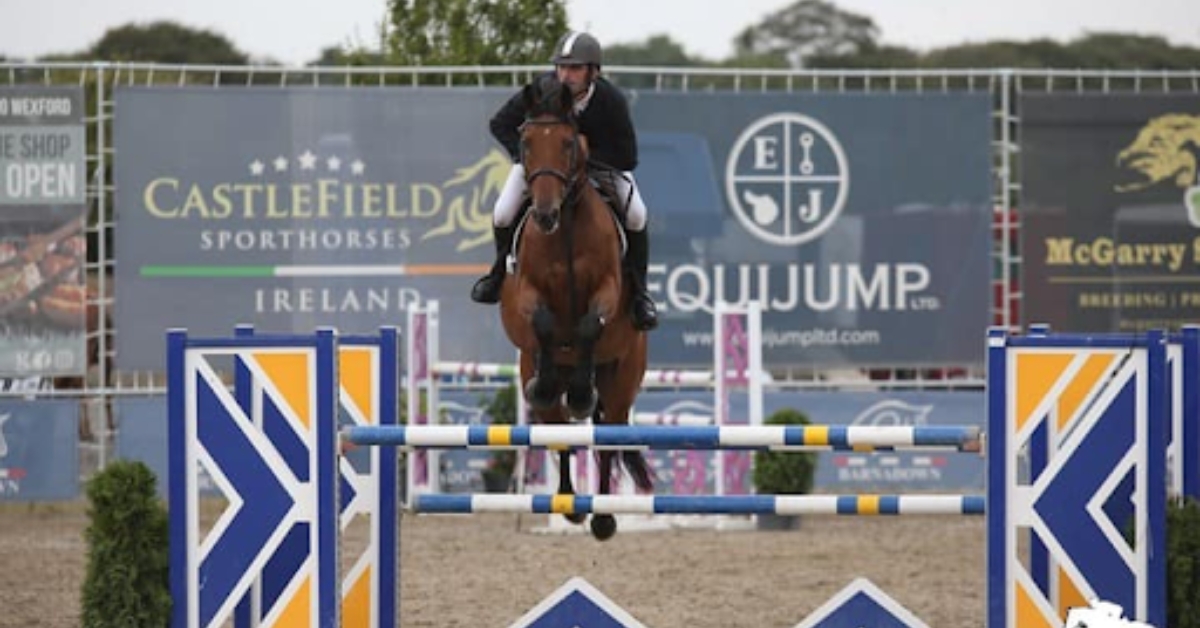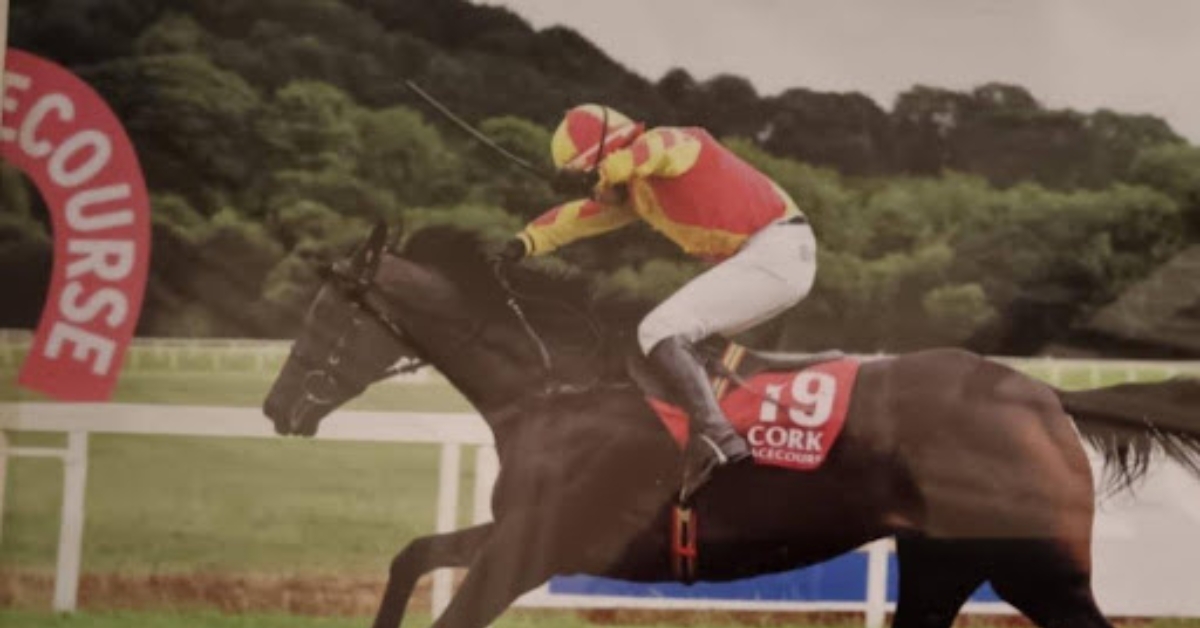Sometimes I feel like a broken record, repeating and reiterating the same points and views that I am so very passionate about. I always thought of this as a dreadful thing, but I have come to the conclusion as of late that whatever I feel must be acknowledged, and will only become more commonly recognised if we all speak loudly and frequently enough about it.
I for one intend to do exactly that.
Around the world, approximately 800,000 people take their own lives yearly. That equates to one person every 40 seconds or about 1% of the population yearly, which does not seem like a lot, but taking into account the fact that the population of the world is 8 billion, it displays the severity of this situation more accurately. Around 400,000 people die to homicide per annum, that is only 50% of the number of people who die to suicide every year.
Equestrians bear their physical injuries with the utmost pride. Broken collarbones, fractures, scrapes, scratches, bumps, and bruises are displayed proudly, but the topic of mental health is, from what I can see, a metaphorical grey area. Every equestrian show or event has an ambulance to treat those physical injuries, but mental health Is seemingly avoided. A quiet place to go and have a cup of tea and a chat or even just a sit down by yourself for a few moments would go a long way among competitors.
It goes without saying that our sport is extremely competitive and high stress. With so much to lose every time we enter the ring, we tend to put a lot of pressure on ourselves and each other to perform and perform damn well. But in my very humble opinion, very often that pressure builds up to something much larger and more debilitating. I feel that alongside the continuation and development of our sport we should be taking steps towards incorporating the involvement of more mental health services to help our own with their mental health and to promote and encourage the acknowledgement of these organisations which are available to help people.
We bear the weight of having lost millions of people around the world to suicide and undoubtedly many of those people were avid members of the equestrian community. Because of this, I feel we should be using our platforms to promote the inclusion and startup of equestrian centered mental health services, because if we could save even one person’s life or make it slightly less difficult to navigate in any way shape or form, it would be worth everything. To create a safe place for those of us who are struggling would be so progressive in our sport where mental health seems to be overlooked. I am still not sure whether this is because of the “tough it out” mentality of us equestrians, but the bottom line is this
•As much as you can push down physical injuries and avoid addressing them, mental health issues cannot be so simply quashed.
An example of a remarkably successful mental health service is ‘Riders Minds’. Set up to provide help for equestrians, it has done an exemplary job of setting the standard of incorporating services like these into our community the same way we provide ambulances for the physical injuries, the need for mental health service has always been present but has come to light recently due to our abolishing of the stigma surrounding mental health.
The co-founder of ‘Riders Minds’ Matthew Wright, will be recognisable to you as an extraordinary talent on the eventing circuit, but he was also a father, a husband, a son, and a friend, whom the world lost far too soon. Having drafted articles about his own struggles with mental health for The Horse and Hound, he gained a great following and inspired many more sportspeople to speak out regarding their own mental health. He undoubtedly played an integral part in destigmatising mental health in our community. Riders Minds has released an incredibly moving documentary on Matthew and his life and struggles with his mental health which is available on YouTube. Another brilliant equestrian who speaks very openly about her struggles with mental health is the one and only Charlotte Dujardin. She details her experiences in depth throughout her biography ‘The Dancing Horse.’ Charlotte’s story surrounding her struggle with her mental health has inspired many a person to seek help because of the fact that throughout her entire book, in every single solitary chapter, she stresses that with the support of professionals and her friends and family, Charlotte is now striving mentally and physically and is an avid mental health advocate, who is an inspiration to every person, especially us equestrians.
This shows us that mental health touches everyone, Olympians, celebrities and average Joes like you and me.
It is so particularly important to remember that each and every one of you is appreciated, seen, heard and most of all very, very loved. Reach out to a friend or family member or a mental health service such as Riders Minds.


Share
Your subscription is 100% Free for our first year, No credit card details required.

Mark your calendars as the world-renowned Distinguished Gentleman’s Ride (DGR) is set to make a triumphant return on Sunday May

The next producer I talk to in this series, is Timmy of T.Doyle Sport Horses. Timmy is another long standing

On Saturday afternoon I was invited up to former National Hunt jockey Frank Hayes’ yard, based in Philip Fenton’s yard just